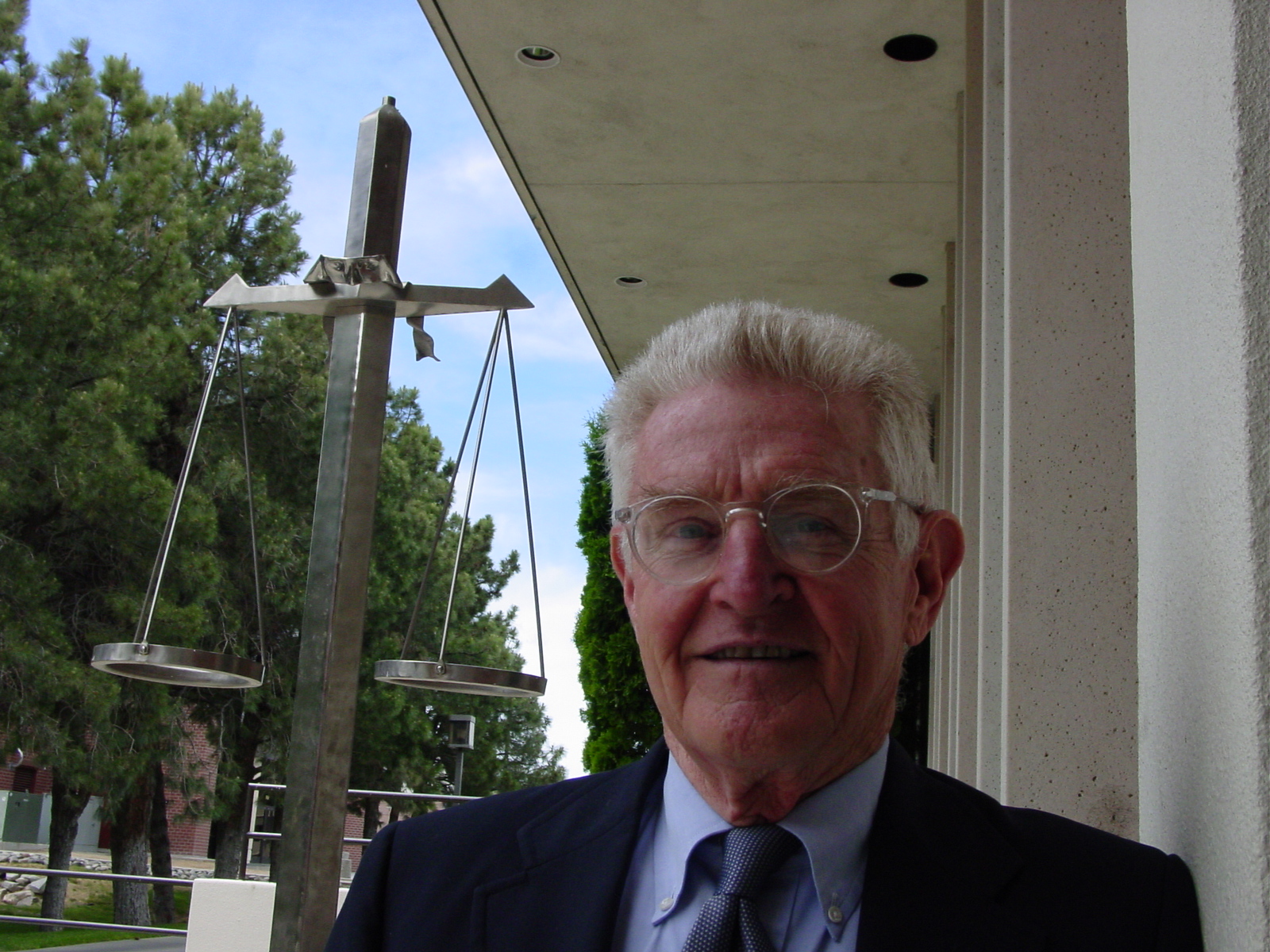
By Autumn King
Our September Question of the Month asked judges how often they’ve had to make a ruling in line with a law they personally disagreed with.
Of the 350 NJC alumni who responded, nearly 95 percent said it had happened to them either a few times (55 percent), more than a few times (27 percent) or often (12 percent). Only 5 percent of the judges said they had never had to make a ruling that conflicted with their personal beliefs.
Among the roughly 100 judges who left comments, a common sentiment was that a judge’s job is to apply the law to the situation at hand; judges can’t write the statutes.
“It does not matter how I feel concerning the matter before me,” wrote one anonymous judge. “My job is to interpret the law as put in place by the legislature, whether I agree with it or not.”
Circuit Judge Michael E. Raiden of Hardee County (Florida), was even more definite: “My subjective personal beliefs … are simply irrelevant.”
Some judges who commented provided examples of categories of laws that conflicted with their personal beliefs. These included:
- Marijuana and other drug usage/possession
- Possession of firearms or other weapons
- Mandatory minimum sentencing
One anonymous judge said marijuana prohibitions “were founded on a lack of scientific analysis and led to more Fourth Amendment confusion than any other law in my lifetime.”
Another judge seemed to disapprove of a law against possession of a firearm. The judge said the law carried a mandatory minimum five-year prison sentence without the possibility of parole, probation or suspension of sentence, regardless of whether the weapon was property registered.
Connecticut Superior Court Judge Eddie Rodriguez Jr. said mandatory minimum sentences are “an affront to judicial independence and … a violation of the separation of powers….”
* Each month the College emails an informal, non-scientific one-question survey to its more than 12,000 judicial alumni in the United States and abroad. The results, summarized in the NJC’s Judicial Edge Today, are not intended to be characterized as conclusive research findings.

The Hon. Leslie A. Hayashi (Ret.), a retired district court judge from the First Circuit in Honolulu, Hawai...

The National Judicial College has named Dean Aviva Abramovsky as its next president and chief executive off...

Ernest C. Friesen, Jr., the first dean of The National Judicial College, passed away on December 11, 2025, ...

The National Judicial College has awarded Missouri Supreme Court Judge Mary Russell with the Sandra Day O�...

Emeritus Trustee Bill Neukom (left) with former Board of Trustee Chair Edward Blumberg (right) at the NJC 60...